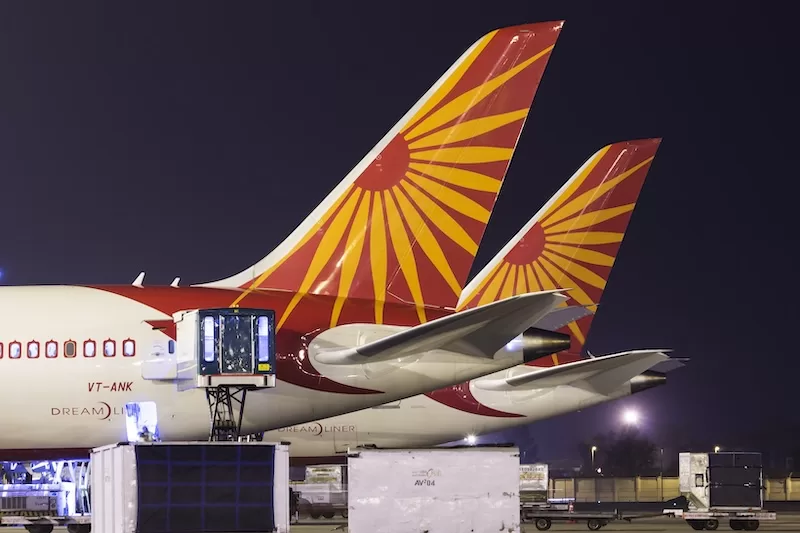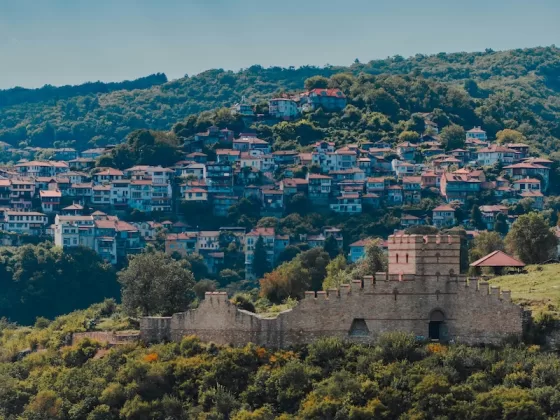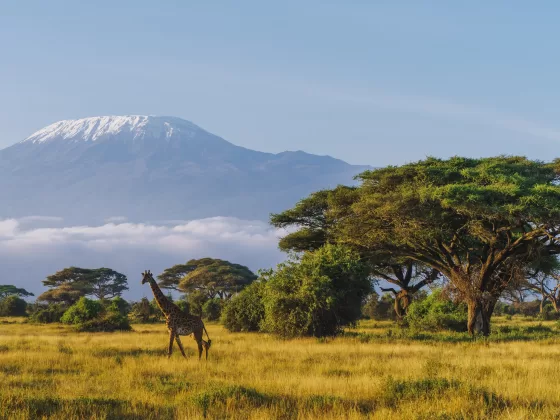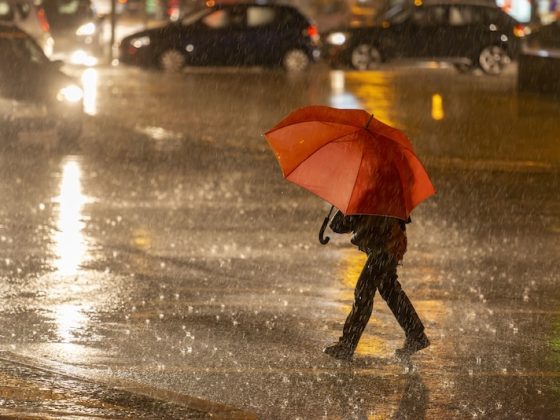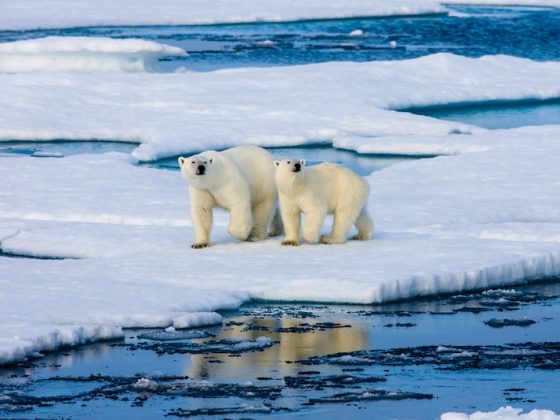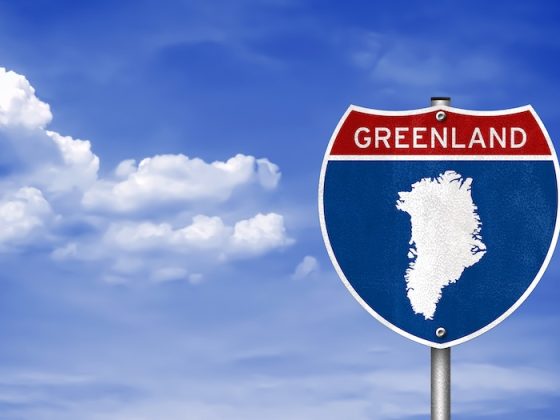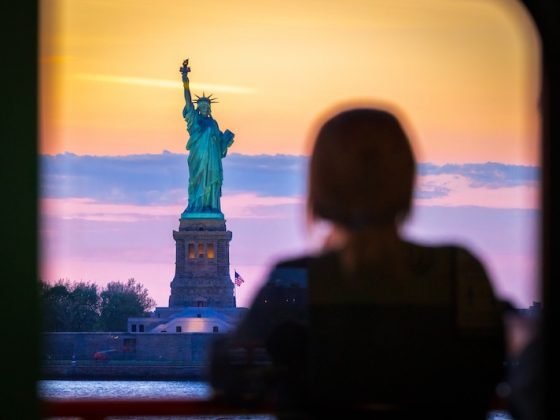Crash and Questions
An Air India Express flight that veered off the runway during landing has left investigators searching for answers. The crash, which occurred in Kerala and resulted in multiple fatalities, is now the focus of a joint inquiry involving aviation authorities, forensic teams, and data analysts.
Initial findings suggest weather and possible pilot error may have played roles, but the full picture is still unclear. The tragedy has renewed calls for stricter safety protocols on India’s domestic routes, as the nation’s aviation sector rapidly expands amid surging demand.
In the Middle East, Iran and Israel are locked in open confrontation, with escalating strikes deepening fears of a broader regional conflict. In India, the investigation into the deadly Air India crash continues amid mounting scrutiny. Meanwhile, Spain’s April blackout has been traced not to a cyberattack, as once feared, but to poor planning and vulnerable infrastructure.
Elsewhere, the news lightens. Vienna is once again crowned the world’s most livable city, Skytrax announces the globe’s best airline for 2025, and viral video fame sparks a mass cave cleanup in China’s otherworldly ‘Avatar’ mountains. Here’s what’s making headlines this week.
Tensions in the Middle East
Tensions between Iran and Israel have escalated into open confrontation, following a series of strikes and retaliatory actions that have intensified fears of broader regional instability. Recent military activity, both direct and by proxy, has raised concerns in global diplomatic circles, with observers warning that the current trajectory could draw in neighboring states or disrupt already fragile alliances.
As governments call for restraint and international bodies monitor developments closely, the region remains on edge. The risks—both humanitarian and geopolitical—are significant, and the path forward is uncertain. With the conflict dynamic and evolving, global attention remains firmly fixed on the Middle East.
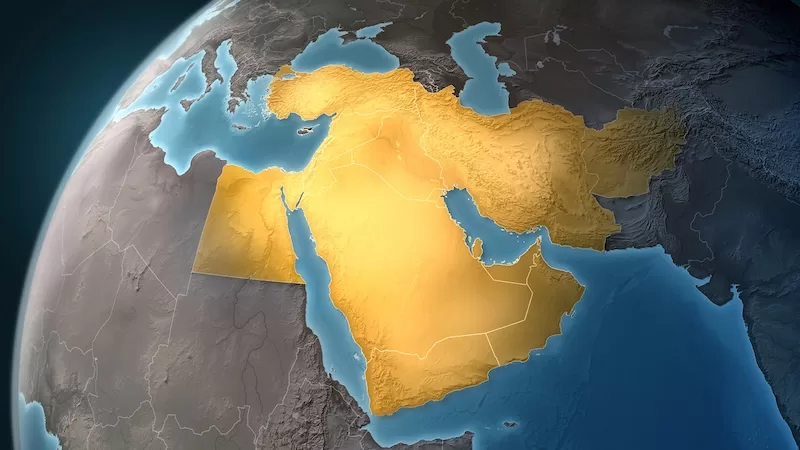
Blackout Clarity
Spain’s government has released its findings on the unprecedented nationwide blackout that swept the country in April. Contrary to initial speculation about a cyberattack, the energy ministry has concluded the outage was the result of cascading grid failures and poor inter-regional planning.
The revelation has sparked debate about energy resilience across Europe. As summers grow hotter and electricity demand surges, grid coordination—and transparency—are becoming central to national infrastructure policy. In Spain’s case, the lights are back on, but confidence in the system may take longer to restore.
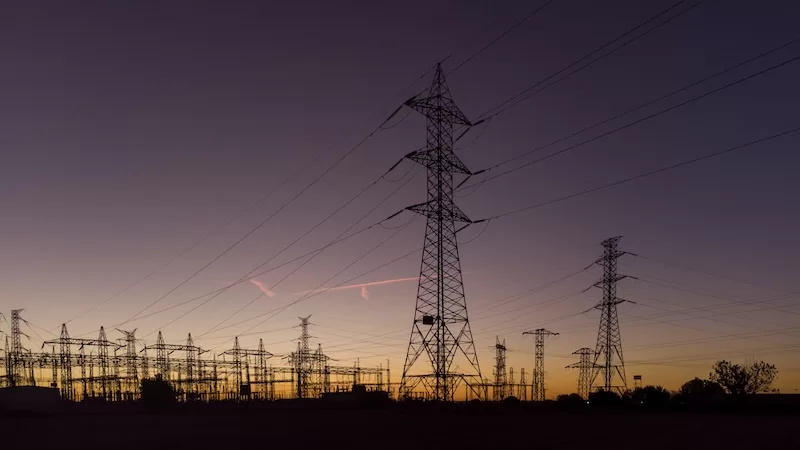
The World’s Most Livable City
Vienna has once again claimed the top spot in the Economist Intelligence Unit’s ranking of the world’s most livable cities for 2025. The Austrian capital scored high across metrics including stability, healthcare, culture, education, and infrastructure—maintaining a long-held reputation for quality of life.
Trailing closely were cities like Copenhagen, Zurich, and Melbourne, all praised for their green spaces, safety, and cultural amenities. The report notes that post-pandemic urban recovery is uneven, with some cities slipping due to housing crises or political unrest. For now, though, Vienna remains the gold standard in urban harmony.

Read more like this: Happiest City in Australia
Top of the Sky
Skytrax has named Singapore Airlines the world’s best airline for 2025, reaffirming the carrier’s dominance in long-haul luxury and service excellence. Known for its spacious cabins, attentive crew, and innovation in passenger experience, Singapore Airlines continues to set the benchmark in commercial aviation.
Other carriers in the top five include Qatar Airways, ANA (All Nippon Airways), Emirates, and Japan Airlines. The rankings, determined by millions of passenger surveys, reflect a broader trend: as travel resumes at full throttle, travelers are valuing not just price—but experience.

Cleaning Up
The Zhangjiajie National Forest Park in China—famous for inspiring the floating mountains in the film Avatar—has seen a dramatic influx of visitors in recent months. The surge, fueled by viral cave exploration videos on Chinese social media platforms, led to increased littering and environmental strain on the fragile ecosystem.
In response, local authorities launched a high-profile cleanup campaign, dispatching hundreds of volunteers and park workers to restore the natural beauty of the area. The incident highlights the double-edged sword of viral fame: while tourism can boost local economies, it can also put intense pressure on the places we cherish most.
Read what happened last week around the world? Convoys, Currents, and the Crocodile Watch
Global News This Week – Know what’s Happening, Everywhere
Stay informed on Weekly Global News Update. Subscribe for Escape Artist get the latest updates on global affairs, trends, and breaking news.
Contact Author
"*" indicates required fields
Stay Ahead on Every Adventure!
Stay updated with the World News on Escape Artist. Get all the travel news, international destinations, expat living, moving abroad, Lifestyle Tips, and digital nomad opportunities. Your next journey starts here—don’t miss a moment! Subscribe Now!
